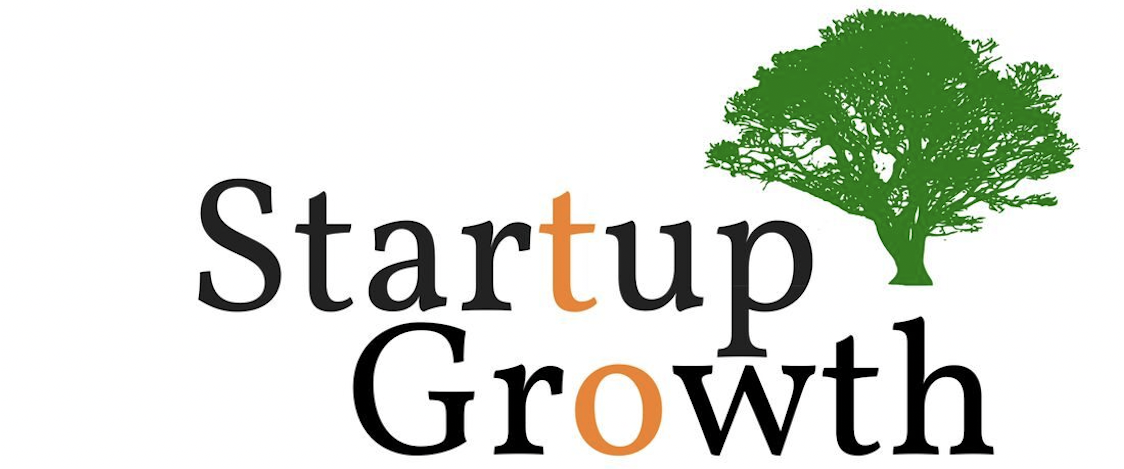Can You Afford a Bad Hire?
By Startup to Growth Guest Blogger Tricia Worden, Owner and Chief Resource Officer of Next Generation Human Resources Solutions
Resources Solutions
Hiring new talent is a critical function to any small business. Employees are the biggest asset in all companies, regardless of the size, and typically account for 80% of the operational costs of running the business. As a small business, it is important to hire the ‘superstars,’ the right people the first time around. Strategies like digital hiring, or Fuzzy name matching might be of great help. You simply cannot afford to spend valuable resources on a ‘bad’ hire; a disengaged employee is detrimental to the culture you are trying to build within your organization.
Additionally, most small businesses do not have the luxury of re purposing a ‘bad’ hire to see if they are a fit elsewhere, and struggle with the decision to terminate the employee. Hire the right talent and they will help you succeed; make the wrong hire and they will drain your resources. With so many staff now working remotely it’s also strongly advised to use work monitoring software so that you can check on what they are doing.
Hiring the “Superstar”
When it comes to hiring the ‘superstar,’ you will want to focus on finding candidates that are qualified and meet the position requirements you outlined in the job posting or advertisement. Small business owners tend to juggle multiple facets of the business, and when it is time to hire help we sometimes forget to clearly identify what we need. Often, this leads to hiring in haste versus implementing a hiring process that helps us find quality candidates to meet our needs. We tend to look toward family and friends for help. While family and friends may have willingly offered their support when starting our business, it does not mean they are ideal employees. Similarly, referrals from existing employees or family and friends are great, but you should consider the referred candidate’s qualifications against the job posting and your specific needs before hiring. You may also use a screening process like the ones on https://www.sterlingcheck.com/services/fingerprinting/ for a better way to hire the right ‘superstar’. These screening processes may include conducting cognitive tests from companies like Wonderlic. Transport companies may also conduct background checks from sites like https://checkr.com/background-check/driver-and-motor-vehicle to help you find responsible and skilled drivers.
If you’re the applicant looking for work, click here now to optimize your resume.
Why we Hire Badly and The Cost
Companies tend to hire bad employees because they filled the position too quickly; they did not test or research the candidate’s skills, they did not perform adequate reference checks, or it just did not work out. A bad hire can be costly to small business owners, and most say a bad hire cost them between $25K – $50K because of settling for candidates that were not qualified. Small business owners may find the hiring process is time consuming and wish they had help finding the right person. The biggest impacts of a bad hire are it lowers staff morale, loss in productivity, and monetary costs. When disengaged employees do not pull their weight, good employees get burned-out and usually leads to a loss of key employees. Poor performers lower the bar for others and bad habits spread like a virus.
Finding the right candidates can sometimes be difficult, simply because they can be hard to find. If candidates don’t position themselves as ‘actively seeking a job’ then they are most likely to have a trusted, professional staffing firm who commits to job applications on their behalf – that’s access to a ‘talent pool’ that may be unreachable otherwise.
What to Do Once a Bad Hire is Discovered
If your organization offers an introductory period policy and you discover the new hire is not a good fit, you can act to terminate within the introductory period. However, you should document the reasons you are terminating, and you should discuss these reasons with the new hire. If the hire has worked through the introductory period, or your company does not offer such a policy, then you or their immediate supervisor should make every effort to manage the employee to the position they were hired to fill. According to agence travail temporaire, this is accomplished by providing clear expectations, goals, and timelines. Documentation related to the new hire’s performance will be important to defend your decision to terminate. For employees dealing with discrimination, an employment lawyer can help you develop effective strategies to counter workplace discrimination with your employer.
Conclusion
As mentioned, employees are the biggest asset to all companies and hiring the ‘superstar’ is critical to your business operations. You simply cannot afford to dispense resources to hire an employee that wreaks havoc on you, your business, and your employees. Implementing a hiring process that helps you identify your hiring needs, produces quality candidates, and helps you hire the right person the first time, is imperative to you and your business’s success, visit https://www.makipeople.com/resources/checklist-to-hire-your-excel-expert to read more.
[1] Jansons, Pete (2016, June 6) The Hidden Costs of Bad Hires on Small Businesses. Retrieved from CareerBuilder https://resources.careerbuilder.com/small-business/the-hidden-costs-of-bad-hires.
Note: From time to time Startup to Growth, LLC invites guest bloggers to talk about their areas of expertise. We thank Tricia Worden for taking us up on our offer and blogging about this important Human Resources issue. Also, Tricia is a contributor to Startup to Growth Video Library. Her presentation will be posted soon!
____________
About the Author: Tricia Worden is the Owner and Chief Resource Officer of Next Generation Human Resource Solutions. She knows that small businesses are driven by the vision and entrepreneurial spirit of the founders to meet a need by delivering a product or service, and Next Generation HR Solutions was founded with the same principles.
Tricia has over 20 years of experience in Human Capital, Operations, and Project Management working within technology, managed services, and non-profit industries. She has a Bachelor of Science degree in Business Administration with a concentration in Project Management from Liberty University. She is certified as a Professional in Human Resources (PHR) from the HR Certification Institute (HRCI) and a Society of Human Resource Management Certified Professional (SHRM-CP).
Tricia may be contacted at [email protected].
